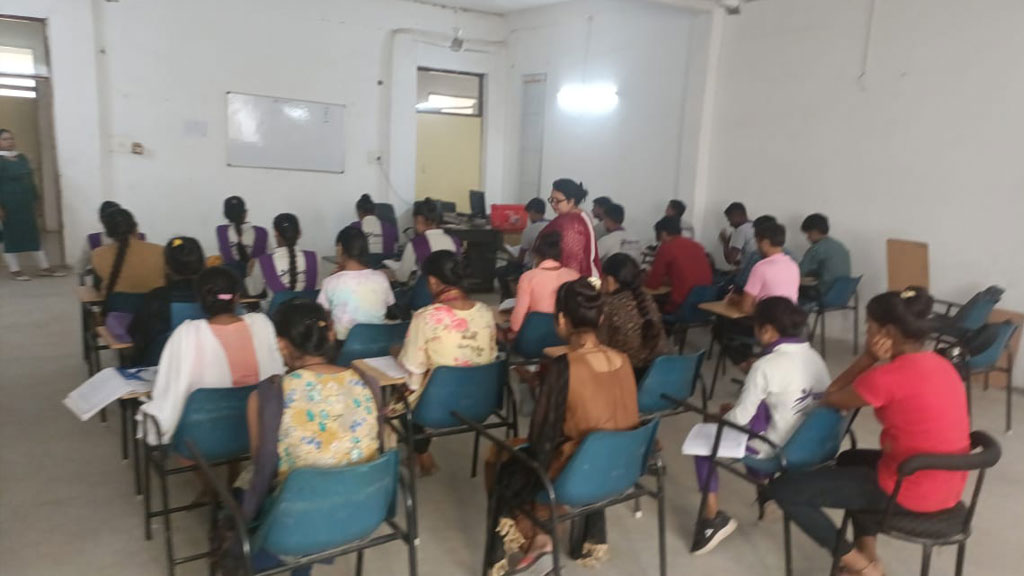Introduction:
In a world marked by disparities in access to education and opportunities, Corporate Social Responsibility (CSR) emerges as a powerful force for change. Specifically, within the realm of skills education, CSR initiatives play a crucial role in bridging gaps and paving the way for brighter futures. This exploration delves into the transformative impact of CSR on skills education and its pivotal role in building a more inclusive and equitable tomorrow.
1. The Educational Divide:
Across the globe, there exists a stark divide in access to quality education and skills development. Many individuals, particularly those from marginalized communities, face barriers that hinder their ability to acquire the skills needed for meaningful employment. CSR initiatives step into this gap, recognizing the urgency of addressing educational inequalities.
2. Targeting Marginalized Communities:
One of the distinctive features of CSR-driven skills education is its focus on reaching marginalized communities. By directing resources and efforts towards those who face systemic barriers, corporations actively contribute to dismantling the obstacles that hinder educational access and social mobility.
3. Tailoring Programs to Local Needs:
Successful CSR initiatives in skills education are attuned to the unique needs of local communities. Rather than adopting a one-size-fits-all approach, these programs are tailored to address specific challenges and opportunities, ensuring that the skills developed are not only relevant but also contribute to the local economy.
4. Enhancing Employability:
A primary goal of CSR in skills education is to enhance employability. By providing individuals with training in skills that are in demand, these initiatives directly impact the workforce. This, in turn, bridges the gap between job seekers and employers, creating a win-win scenario for both parties.
5. Nurturing Sustainable Livelihoods:
CSR’s role in skills education extends beyond mere job placement. It seeks to nurture sustainable livelihoods by empowering individuals to not only secure employment but also to build careers and contribute meaningfully to their communities. This sustainability-centric approach ensures lasting impact.
6. Investing in Future Leaders:
Skills education, when supported by CSR initiatives, becomes a vehicle for nurturing future leaders. By empowering individuals with the skills and knowledge needed to excel in their chosen fields, corporations contribute to the development of a skilled and visionary workforce that can drive innovation and progress.
7. Promoting Diversity and Inclusion:
Inclusive skills education is a cornerstone of CSR initiatives. By actively promoting diversity and inclusion, these programs ensure that individuals from all walks of life have equal access to educational opportunities. This commitment to diversity creates a more vibrant and dynamic workforce.
8. Measuring Impact and Adapting Strategies:
The success of CSR’s role in skills education is measured by its impact on individuals and communities. Metrics such as increased employment rates, income levels, and community development serve as indicators of success. Additionally, a commitment to continuous improvement allows these initiatives to adapt strategies based on evolving needs.
Conclusion:
“Bridging Gaps, Building Futures: CSR’s Role in Skills Education” is a narrative of hope, empowerment, and the belief that education can be a force for social change. CSR initiatives, by actively engaging in skills education, become architects of a more inclusive and equitable future. As corporations invest in bridging educational gaps, they simultaneously build futures – not just for individuals but for entire communities. In doing so, CSR becomes a catalyst for societal transformation, where education is not a privilege but a fundamental right, and the bridges built today pave the way for brighter, more prosperous tomorrows.
- By admin

